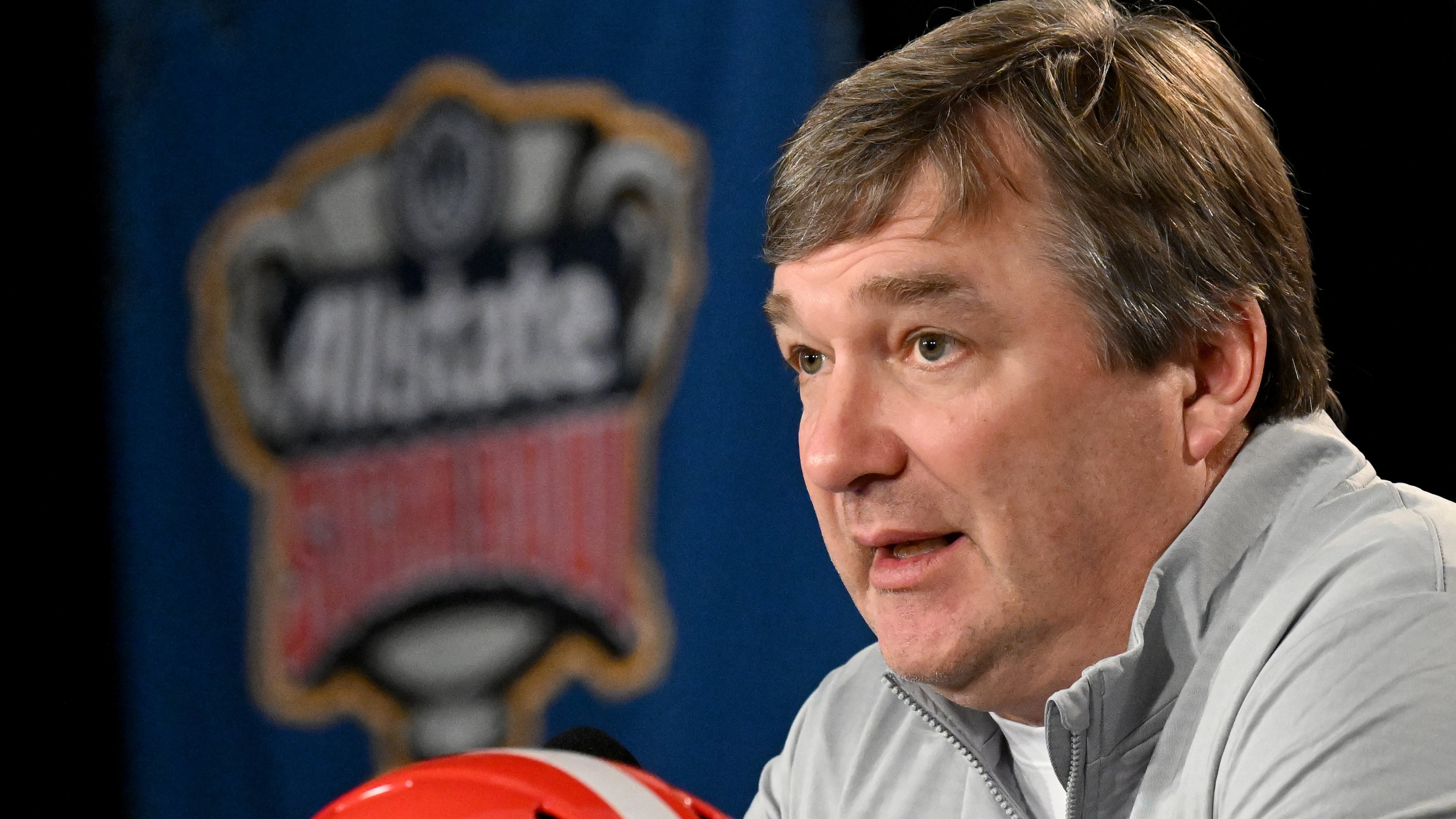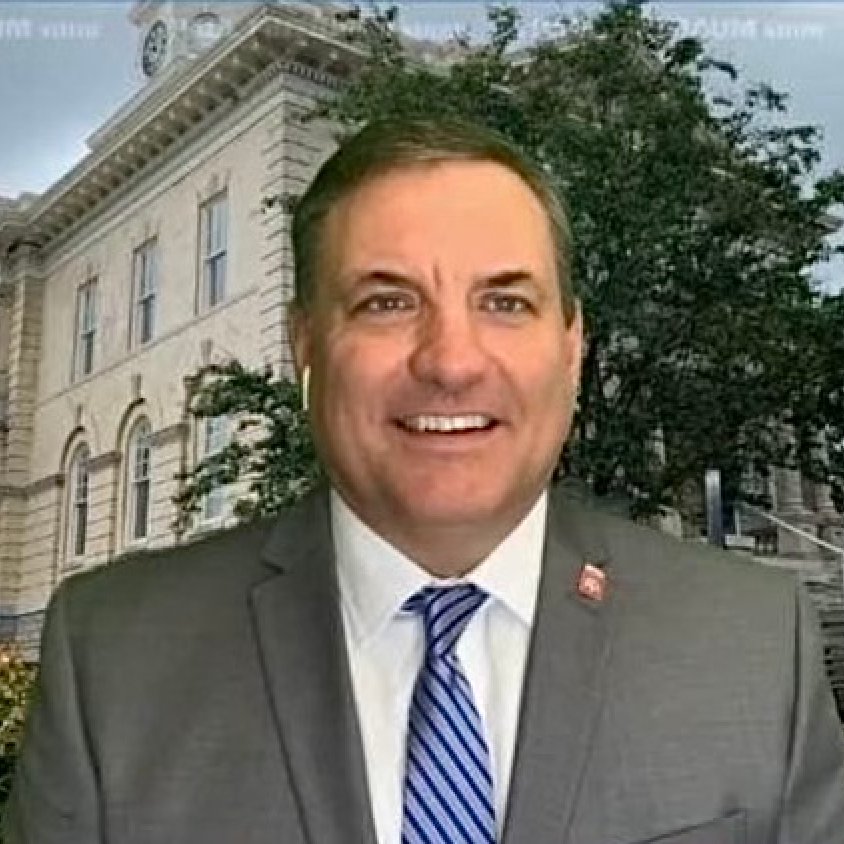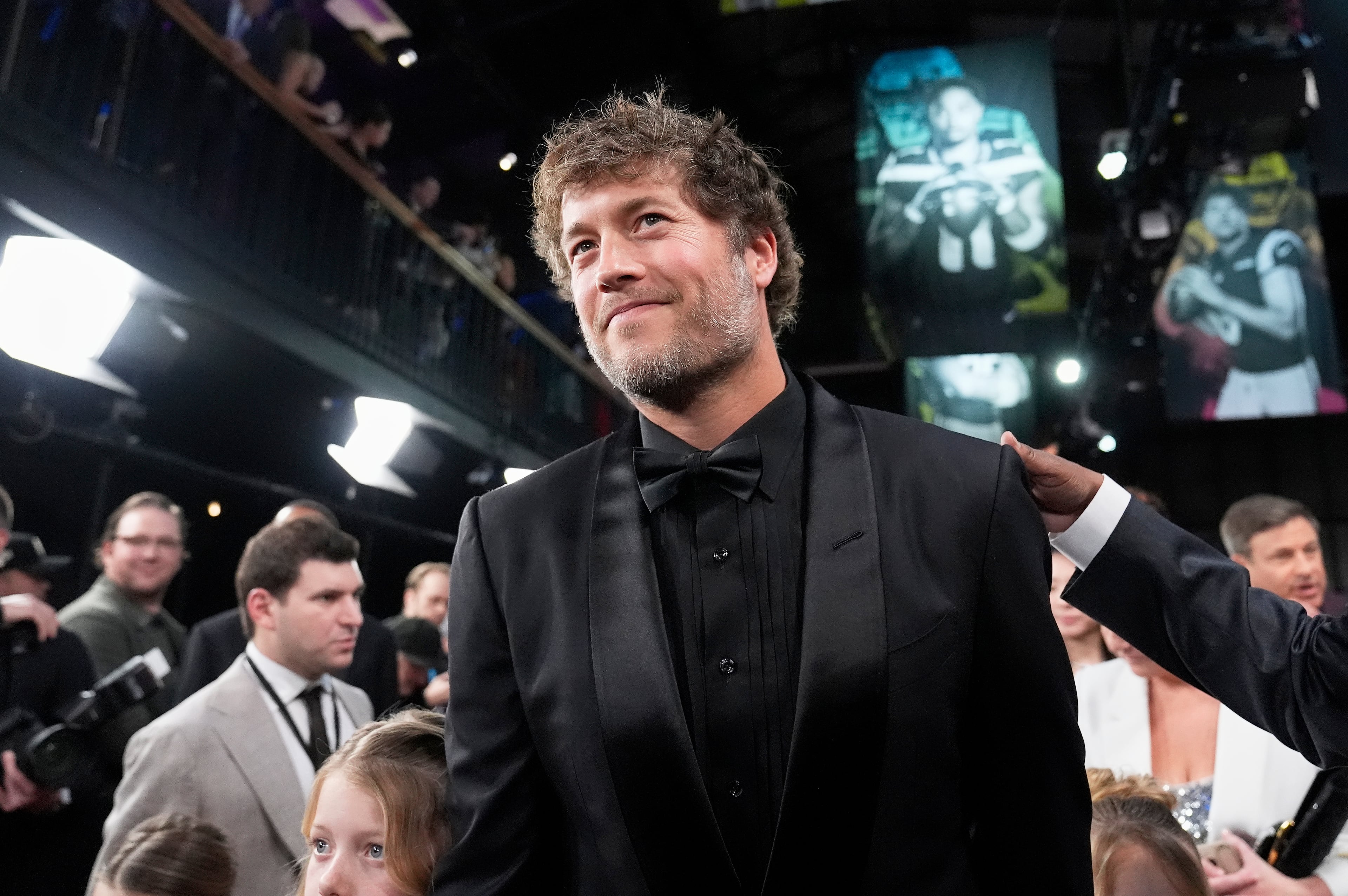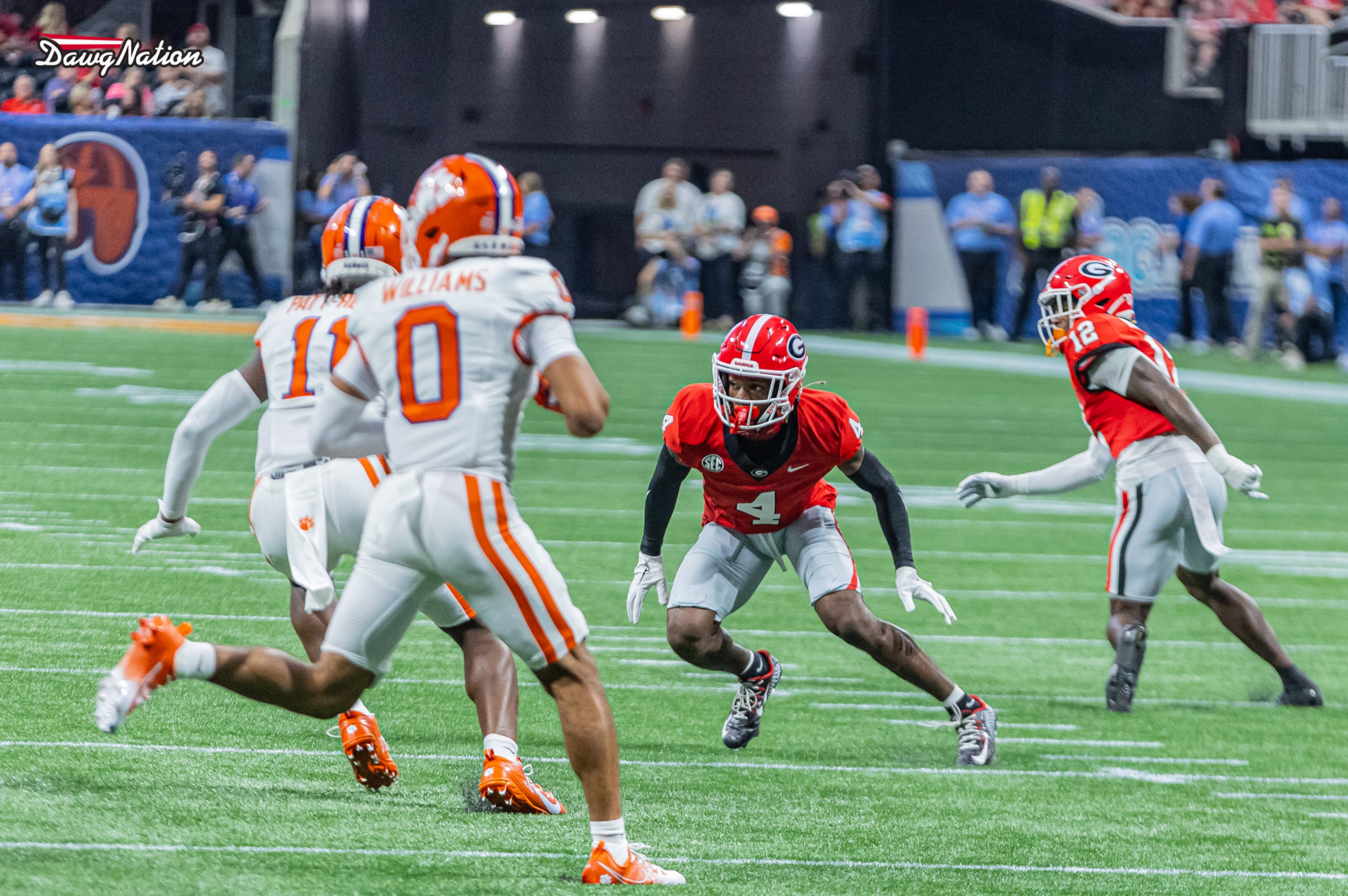3 issues Kirby Smart thinks may be problematic with House v. NCAA settlement

ATHENS — Kirby Smart doesn’t have a crystal ball, but the Georgia coach has been in the game long enough to know an upcoming challenge when he sees one.
The collegiate athletics model is undergoing sweeping changes in the wake of the House v. NCAA settlement, and not all schools will be equipped to handle it the same.
Georgia athletic director Josh Brooks said the department is set to add more than 100 scholarships across the Bulldogs’ 21 sports programs. He also indicated there will not be cuts to UGA’s support system for its athletes.
Smart, however, foresees some other programs making cuts in order to sustain the new financial model.
Here are three areas Smart has discussed leading to the House v. NCAA settlement:
1. Athlete Experience
“What you’re gonna see is infrastructure just go downhill,” Smart said last month in Birmingham. “So for instance, everybody’s got this ($20.5 million) pot to spend, right?
“Well, some schools are going to be able to spend the pot and not hurt their infrastructure, their nutrition staff, the food the players eat, the strength staff, all the academic staff,” Smart said. “Other schools are going to say, ‘You know what, we’re gonna spend on players, and we’re not gonna spend on the infrastructure. ...’ So the experience is gonna be diminished.”
Smart added that commodities such as nutrition staffing, academic support and athlete-specific meals may make a difference in the recruiting phase.
2. The End Of Walk-Ons
The settlement will allow athletes currently on rosters to finish out their eligibility before the roster limits take effect.
But once those roster limits go into effect — 105 for football — there will no longer be walk-ons in the football program.
Smart said on SEC Network the change will prevent capable players of walking on and eventually earning scholarships, something key Georgia players have accomplished in their careers.
“A story like we had last year, Dan Jackson, who was a complete walk-on,” Smart said. “It’s not going to happen anymore.
“The feel-good story of the kid who did it for the love and the passion of the game, there’s probably going to be less of those.”
Smart said Georgia football will adapt to the roster limitations when they go into place.
“You might change your practice schedule a little bit, how you do things — you can’t have as many reps for as many players,” Smart said. “It will stunt some of the development because you won’t have the depth that you’ve had. You won’t have the same sheer numbers.”
Smart said that, with players now able to get paid, some have elected to stay another year in the program to improve their NFL draft status.
3. Pending Salary Bubble
Smart said before the settlement that he anticipated some programs could be challenged to stay within the $20.5 million cap after paying large amounts to incoming players.
“What’s going to happen, there’s probably going to be a bubble or a spike (in players’ salaries),” Smart said, noting the negotiations that took place before the settlement did not take the $20.5 million cap into consideration.
“At the end of the day, it may backfire because there’s going to be a correction in the market at some point when this cap hits,” Smart said.



